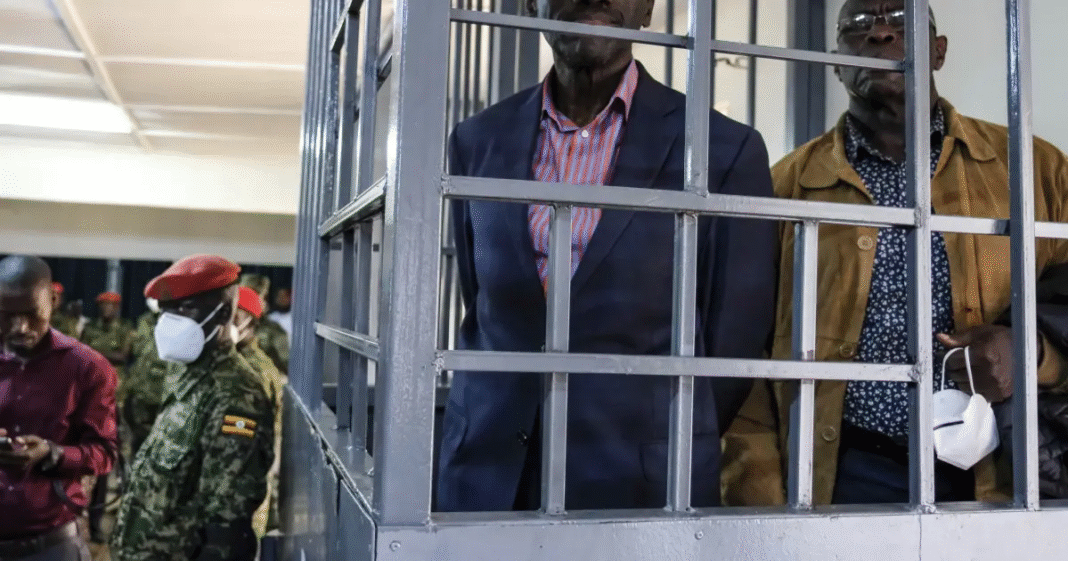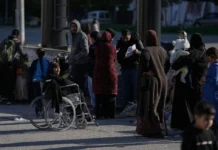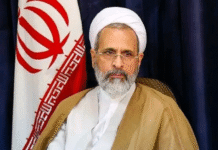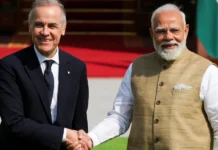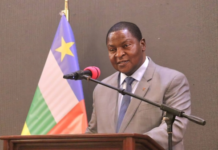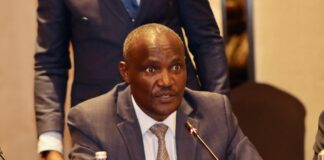Uganda’s largest opposition party has lodged a petition in the Constitutional Court to overturn a controversial new law that reinstates the power of military tribunals to try civilians, in defiance of a recent Supreme Court ruling.
In January, the Supreme Court declared such trials unconstitutional, citing the inability of military courts to guarantee fair and impartial proceedings.
The decision was hailed by rights groups as a victory for judicial independence. But in May, parliament passed legislation restoring the practice, which President Yoweri Museveni signed into law in June.
The National Unity Platform (NUP) – led by pop star-turned-politician Robert Kyagulanyi, widely known as Bobi Wine – says the law undermines the rule of law and was passed without adequate public consultation.
“This legislation not only erodes hard-won constitutional safeguards, it risks returning Uganda to an era of politically motivated prosecutions,” said NUP lawyer George Musisi.
Rights organisations have long accused Museveni’s government of using military courts to silence dissent, alleging that opposition members and activists are frequently charged with security-related offences to justify detention.
Officials reject the claims, insisting that only civilians implicated in armed political violence are brought before military tribunals.
Among those previously targeted is former presidential candidate Kizza Besigye, whose treason case was transferred to a civilian court after the Supreme Court’s January ruling.
Besigye, a prominent opposition figure and four-time challenger to Museveni, remains in custody nine months after his arrest and has repeatedly been denied bail.
The reinstatement of military trials has sparked concern among human rights advocates, who warn it could be used to intimidate critics ahead of future elections. “This law is a step backwards for justice and democracy in Uganda,” said one Kampala-based activist.
The Constitutional Court is yet to set a date for hearing the petition.









